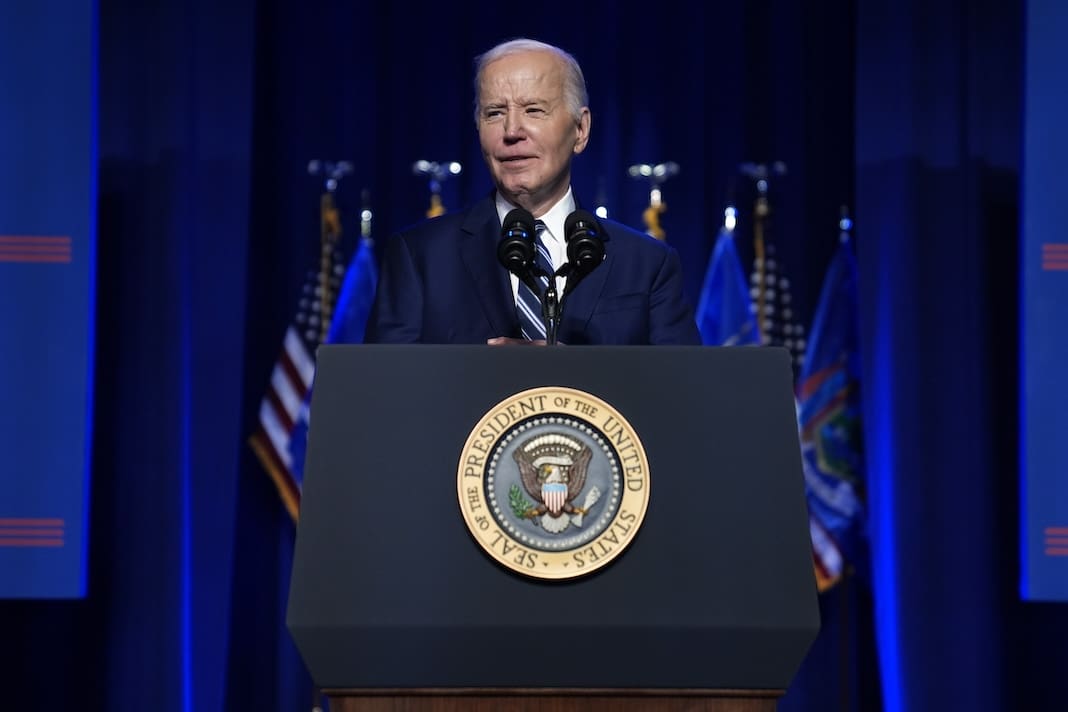180,000 Michiganders will see medical debt relief thanks to state program
Michigan lawmakers appropriated $4.5 million in one-time funding for a medical debt relief program in the 2024 fiscal year budget.

State lawmakers are touting a new program that could ease the burden of medical debt carried by many Michigan residents.
Michigan lawmakers appropriated $4.5 million in one-time funding for a pilot medical debt relief program in the 2024 fiscal year state budget. With the help of RIP Medical Debt, a national nonprofit working to relieve Americans of burdensome medical bills, the state will provide the funding directly to local governments to support residents.
State lawmakers and local community leaders gathered for a press conference at the Michigan Capitol in Lansing on March 20 to discuss the problem of health care affordability in the United States and the benefits of medical debt relief.
An estimated 100 million people across the country are drowning in medical debt, including people with health insurance. With the high cost of medical care, an unexpected illness or accident can trap people in a cycle of debt.
RIP Medical Debt has already started working with Oakland County, and contracts are in the works with Wayne, Kalamazoo and Ingham counties.
According to the state, the initial $4.5 million it allocated has been increased to about $450 million with additional funding from municipalities, a total that will help relieve medical debt for roughly 180,000 Michiganders.
To be eligible, residents must be at or below four times the federal poverty level ($31,200 for a family of four), or their medical debt must be 5% or more of their annual income.
Madiha Tariq is a public health practitioner who serves as the deputy county executive in Oakland County. She said that the fear of medical debt increases the burden of disease because people may delay seeking medical care that they can’t afford, and the accumulation of debt deepens the cycle of poverty in the country.
“People that have severe medical debt, they can’t rent an apartment or buy a house,” Tariq said. “Sometimes they struggle to stay in the workforce. Sometimes they can’t go to school because they have to choose paying for their health first.”
Due to a record revenue surplus and federal dollars, the 2024 budget is the largest in state history. It’s also the first state budget issued under a Democratic trifecta, or Democratic control of both chambers of the state Legislature and the governorship, in 40 years.
Michigan Senate Appropriations Committee Chair Sarah Anthony said that when her team was crafting the 2024 budget, it wanted to use the opportunity to focus on issues that lifted people out of poverty.
“I have always said that budgets are moral documents. What we choose to invest in reflects in the values of our government and the people of Michigan,” Anthony said. “People should not have to choose between health care that they need and putting food on the table for their families. Relieving families of medical debt so that they can not just survive in our state but also thrive is a true testament of what we can do when we stand together here in Michigan.”




